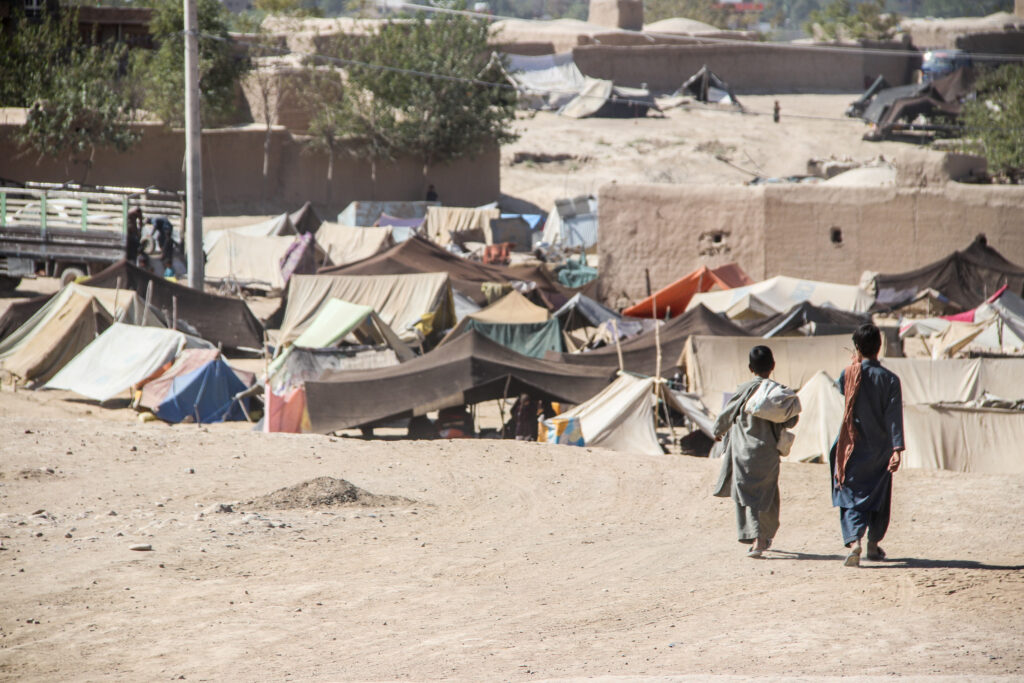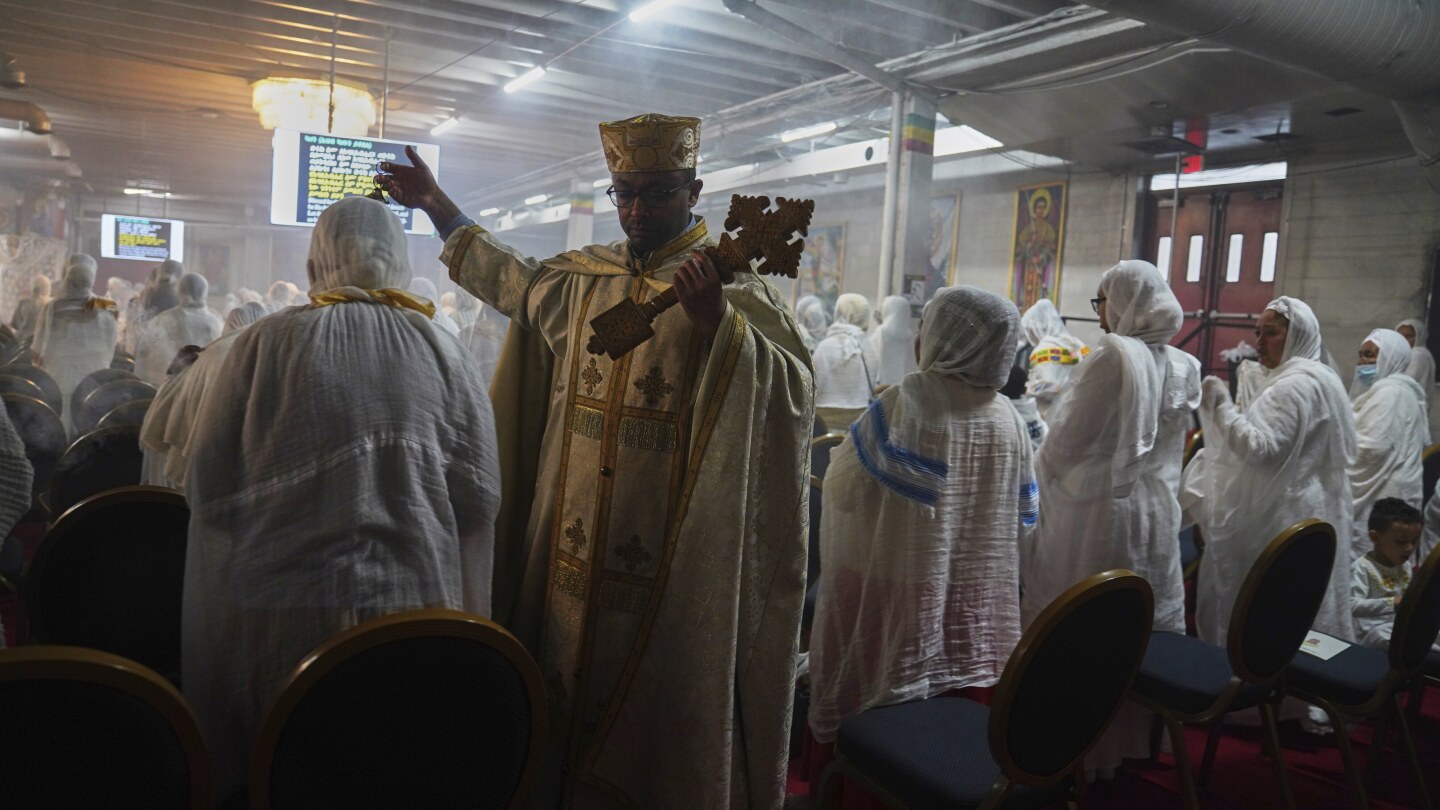Religious Freedom Under Fire: USCIRF Demands State Department Expose Global Rights Violations
Religion
2025-03-26 20:15:24Content

In a persistent push for global religious freedom, the U.S. Commission on International Religious Freedom (USCIRF) is urging the United States to expand its watchlist of nations with severe religious liberty violations. The commission is specifically advocating for the addition of Nigeria, Afghanistan, India, and Vietnam to the Countries of Particular Concern (CPC) list.
The recommendation highlights growing concerns about religious persecution and systemic discrimination in these countries. By calling for their inclusion on the CPC list, USCIRF aims to draw international attention to the critical challenges faced by religious minorities and promote meaningful diplomatic interventions to protect fundamental human rights.
This ongoing effort underscores the commission's commitment to monitoring and addressing religious freedom challenges worldwide, pushing for accountability and meaningful change in countries where religious communities face significant threats and marginalization.
Religious Freedom Under Siege: A Global Cry for Justice and Human Rights
In the complex landscape of international human rights, religious persecution continues to be a critical global challenge that demands immediate and sustained attention from policymakers, humanitarian organizations, and global citizens alike.Urgent Call: Protecting Religious Liberty Across Borders
The Escalating Crisis of Religious Persecution
Religious freedom stands as a fundamental human right, yet numerous nations systematically undermine this essential liberty. The United States Commission on International Religious Freedom (USCIRF) has emerged as a critical watchdog, meticulously documenting and challenging systematic violations that threaten the spiritual autonomy of millions worldwide. Countries like Nigeria, Afghanistan, India, and Vietnam have increasingly become focal points of intense scrutiny, revealing deeply entrenched patterns of religious discrimination and oppression. The complexity of religious persecution transcends simple narratives of conflict, representing intricate intersections of cultural, political, and social dynamics. In these nations, religious minorities face multifaceted challenges ranging from institutional discrimination to violent persecution, creating environments of profound psychological and physical vulnerability.Geopolitical Dimensions of Religious Suppression
Each targeted nation presents a unique context of religious marginalization. Nigeria's complex religious landscape is marked by escalating tensions between Christian communities and radical Islamic groups, resulting in systematic violence and displacement. Afghanistan's tumultuous political environment has created unprecedented challenges for religious minorities, particularly under recent Taliban governance. India's secular constitutional framework stands in stark contrast to growing religious tensions, with minority communities experiencing increasing marginalization. Vietnam's approach to religious freedom remains characterized by stringent state control and systematic restrictions on religious expression, particularly for non-state-sanctioned religious groups.Mechanisms of International Intervention
The U.S. Commission's strategic approach involves comprehensive documentation, diplomatic pressure, and targeted recommendations. By designating Countries of Particular Concern (CPC), the commission creates international accountability mechanisms that can potentially influence governmental policies and protect vulnerable religious communities. Diplomatic interventions represent a nuanced diplomatic strategy, balancing geopolitical relationships with fundamental human rights principles. These efforts require sophisticated negotiation, cultural understanding, and sustained commitment to promoting religious pluralism and individual spiritual autonomy.Global Implications and Humanitarian Consequences
Religious persecution is not merely a localized issue but a profound global humanitarian challenge with far-reaching consequences. Communities subjected to systematic religious discrimination experience profound psychological trauma, economic marginalization, and potential forced displacement. The international community must recognize that protecting religious freedom is not just a moral imperative but a critical component of maintaining global social stability, promoting human dignity, and preventing potential escalations of conflict.Emerging Strategies for Religious Protection
Innovative approaches are emerging to address these complex challenges. Technology-enabled monitoring, grassroots advocacy networks, and strategic international collaborations offer promising pathways for protecting religious minorities and promoting genuine interfaith dialogue. International organizations, human rights groups, and diplomatic entities must continue developing adaptive, context-sensitive strategies that respect cultural nuances while unequivocally defending fundamental human rights principles.RELATED NEWS
Religion

Faith in the Capital: How One Ethiopian Orthodox Church Keeps Ancient Traditions Alive in Modern America
2025-04-16 12:01:21
Religion

Faith vs. Funding: Supreme Court Signals Support for Catholic Charity's Tax Battle
2025-03-31 18:08:29
Religion

Rise of the Faithful: How Christian Conservatives Are Reshaping Texas Politics
2025-03-17 10:00:00




